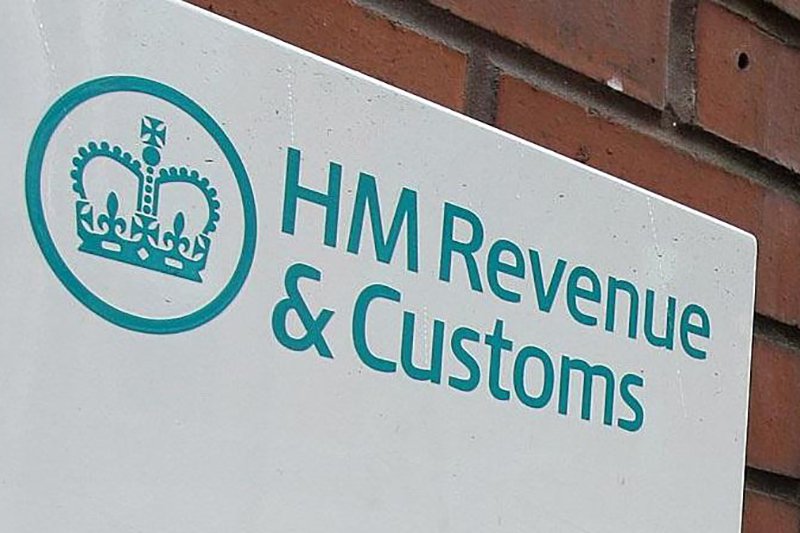
New students starting university this year could be targeted in a fresh wave of tax scams, HM Revenue & Customs has warned.
HMRC is writing to UK universities advising them to warn new students about tax scams sent by fraudsters to steal students’ money and personal details.
More than 620,000 tax-related email scams were reported to HMRC last year – up by 20,000 on the previous year – including thousands of reports the department received about scam emails targeting students. HMRC wants to ensure all students new to university this year are cyber aware for when repeat attacks hit their inboxes.
Fraudsters can use a range of methods to target students, most commonly by sending fake tax refunds using seemingly legitimate university email addresses (often ending in ‘ac.uk’) in order to avoid detection.
Depending on the details a criminal is able to obtain from a student, they could steal money, set up direct debits, make purchases for valuable goods on online sites or even take control of their computer – being able to access functions such as their webcam. Chris Skidmore MP, Universities Minister, said:
“As hundreds of thousands of new students start their life-changing journey at university this month, it is absolutely right that they are made aware of the risks of tax scams.
“University should be one of the most enjoyable times in a student’s life, and I want everyone to know how they should react in an instance where they are targeted. I welcome the work by HMRC and Universities UK who are encouraging institutions to inform students about this issue.”
The letters to universities, authored by HMRC’s Head of Cyber Security, encourage colleges to raise awareness of tax-related scams at the start of this academic year and to integrate scam advice into guidance for new students if not already established. HMRC advised university leaders that students are “more likely to be taken in” by tax scams because students may have “had little or no interaction with the tax system”. This could make the offer of a tax refund from a scammer seem attractive, especially when on a budget.
Often HMRC-related email scams spoof the branding of GOV.UK and well-known organisations in an attempt to look authentic. The recipient’s name and email address may be included several times within the email itself.
As well as email tricks, phone scams have also been used increasingly by criminals in an attempt to threaten taxpayers into handing over cash – HMRC had over 100,000 reports of such scams last year, compared to 400 in 2016. HMRC has since introduced defensive controls with Ofcom and mobile networks to curtail these scams.
If students receive an email offering money sent to them by someone claiming to be HMRC and it seems too good to be true, then they should report it to phishing@hmrc.gov.uk.














Comments
Add a comment